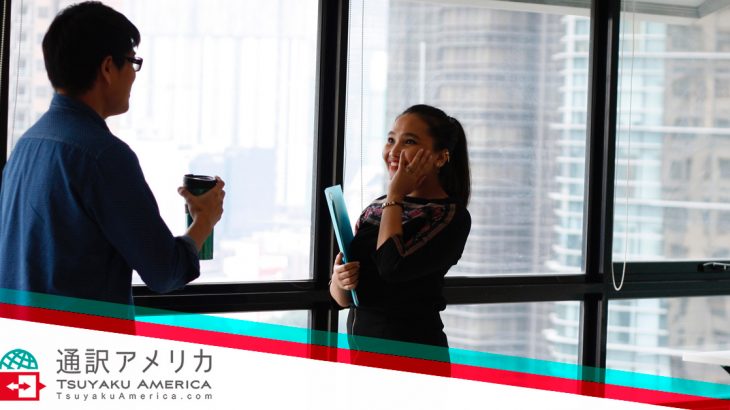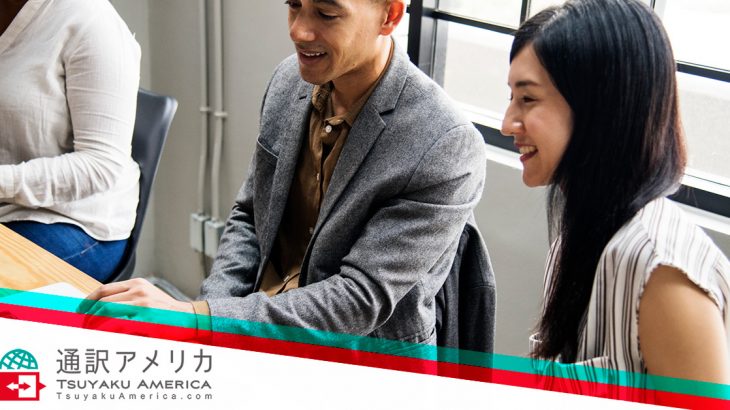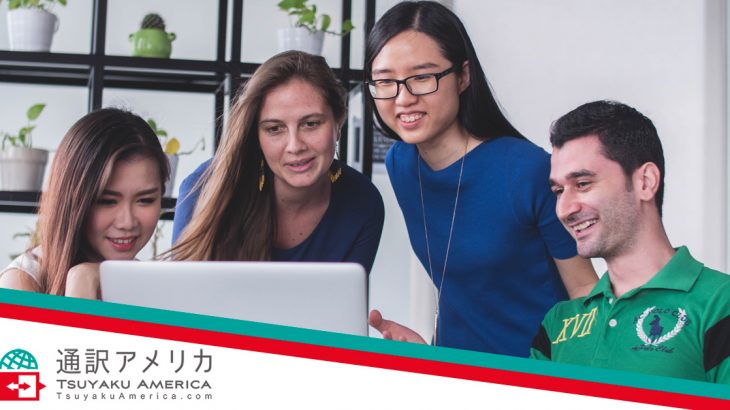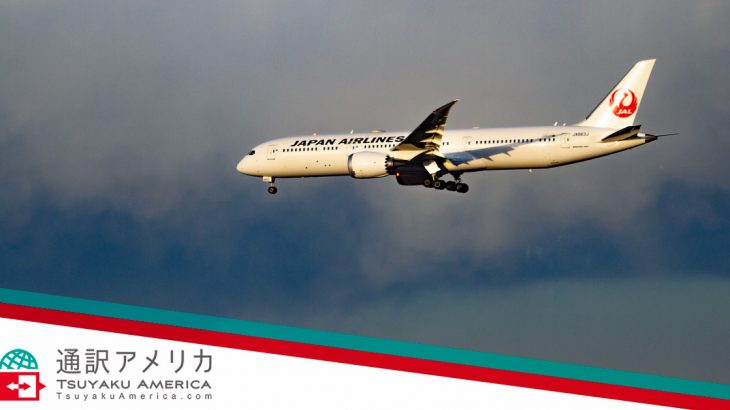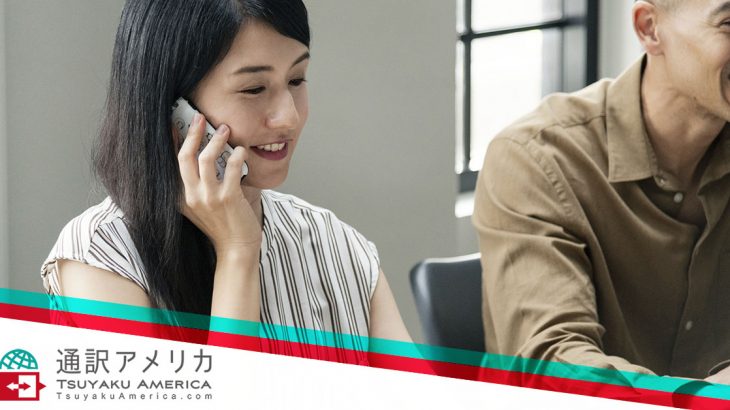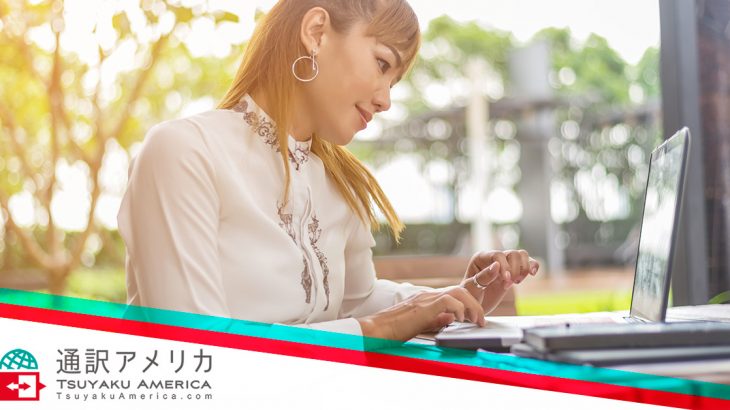If you are like most business owners and executives, then you are probably considering taking your business into the global market. No matter where you go or with whom you are doing business, it is highly important to be aware of the different cultural norms of your business partners.
We provided you with several tips that can help you navigate the cultural differences between the United States and Japan in parts one and two of our previously published posts, and in today’s post, we will continue to explore that same topic. Japanese culture is complex and nuanced, so consider hiring a professional Japanese interpreter to help you during your next important meeting. Whether you will be traveling to Japan to meet with a group of executives or hosting an individual here in the United States, we can arrange for a professional interpreter to help you ensure that everything goes smoothly. Get started here, and continue reading below for even more tips from Tsuyaku America.
When Doing Business With a Japanese Company…
Be Respectful of Privacy 
Think about the last time you had help making a purchase like a cell phone, car, or piece of furniture — how did the salesperson interact with you? They probably started by listening to your needs before asking about your personal life. Rapport building is a key component of marketing here in the United States, as it usually makes us feel more connected to the person with whom we are working.
In Japan, asking about someone’s personal life can actually be taken as a sign of rudeness. Japanese culture places a high value on privacy in general, and you can see this in many of the buildings and structures in Japan. Homes are designed so that outsiders cannot look in, and neighbors will often keep to themselves. Privacy is also important when it comes to the business world, so do not start your meeting by asking personal questions or inquiring into someone’s history. As we noted in our previous post, you should not be afraid of silence.
Let Some Things Go Unsaid (But Pay Attention to Others’ Needs) 
In the United States, it is highly valued to be direct and open in our communication with others. You probably do not have any hesitation about asking for more water when you are out to lunch, and you are most likely fine with telling the waiter that your food is cold or undercooked. In Japan, people are much more reserved when it comes to expressing their thoughts, needs, or wants. The Japanese are also taught from a very young age to always be thoughtful of others, or to think of the needs of others before their own. A very important trait that every business person in Japan is expected to have is “kikubari.” The literal translation would be “mind distribution,” which refers to the state of mind when one is constantly paying attention to and addressing the state and the needs of those around them.
One good example of kikubari is the Japanese custom of beer pouring. Suppose you are out to dinner with a Japanese business partner and several large bottles of beer are ordered for the table. The first thing to remember is that you should never pour your own glass! It is the host’s job to make sure that the guests’ glasses are never empty, so the host should always pour the beer for the guest first. Once the host pours the guests’ glasses, one of the guests will usually pour the host’s glass to return the favor. After the first round of cheers (or “Kanpai!”), it is the job of the junior members of the party to keep an eye on the glasses of their guests and their bosses and to quickly offer to pour more beer whenever a glass is empty (this is a representation of = mind distribute = kikubari).
On the flip side, even if their glass is empty and they want more beer, a guest should never ask for more beer, let alone pour it on their own. It would be rude to pour one’s own glass, and also rude to expose the fact that the host did not pour the guest’s empty glass. That very act of embarrassing the host for lacking in kikubari could, in itself, be seen as lack of kikubari on the guest’s part.
Don’t get too nervous, though. The Japanese are aware that this is a very unique cultural custom, and they will not hold foreigners to the same standards to which they hold native members of their culture. However, it is also good to remember that pouring and being poured beer or sake with your Japanese business partner may be a very good way to quickly build rapport with them.
As you can see from today’s post, Japanese culture is complex and very different from the norms we have in the United States. While we believe that learning the nuances of a new culture is always beneficial, it is incredibly difficult to learn everything you need to know on your own. Instead of trying to learn everything yourself, let a professional Japanese interpreter from Tsuyaku America help you during your next business meeting.
You can request a quote for any Japanese interpretations you need on this page. We look forward to speaking with you soon.

